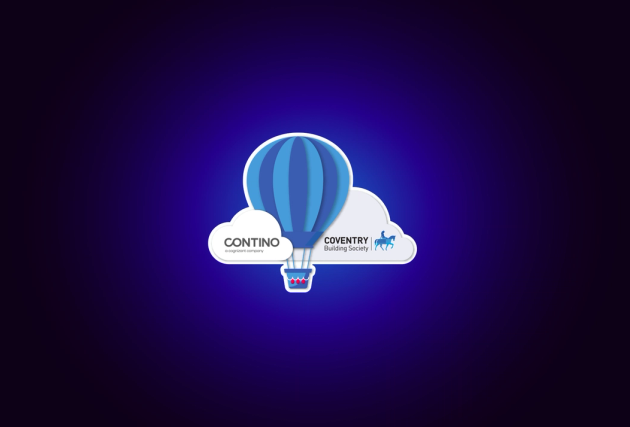The 8 Key Ingredients You Need to Master Agile Ways of Working
Become an Agile Masterchef and create healthier work environments and processes.
There are a lot of misconceptions about agility, so much so that for many the term has become tarnished; that’s why we’ve created The Agile Cookbook as a way of highlighting the things you really need to be looking at—breaking it down into the ingredients you’ll need to be successful. Hopefully it will make the following concepts easier to digest!
In this infographic, we'll explore some of the key ingredients that can help you create better agile ways of working within your organisation.
1. Psychological Safety
A good coach will grow psychological safety within a team and organisation. Often you can take a snippet of what already exists and extend that. Other times you will need to grow it from scratch. You know you have good psychological safety when your teams are able to express themselves without the fear of negative consequences.
2. Designed Team Alliance
The Design Team Alliance (DTA) is the binding agent that brings the team together. You will find that initially it will be very shallow but its binding powers will increase each time you bring it out. Have your team go through their DTA frequently to find out what is still applicable, what has changed and what is new that should be introduced.
3. Work in Progress
Work in Progress (WIP) is a core ingredient to agility. And a bit like salt, you want to use as little of it as possible. Too much and your teams won’t be able to focus on anything. Not enough and it will be difficult to complete anything. It is a fine balance but one your teams need to experiment with. Focus on getting things finished and reduce your WIP.
4. Objectives and Key Results
Objectives and Key Results (OKRs) will empower your teams to become the masters of their own kitchens. Your OKR will define an objective that needs to be met allowing the team to fulfil those objectives as they see fit. The key results will allow you to define what the measure of success is.
5. Learning
An agile organisation is a learning organisation. Without learning, the company will stagnate and never achieve true agility. It should be noted that a lot of organisations outwardly say they promote learning, but are inwardly too focused on delivery to enable it. The signs are easy to spot and can range from no feedback loops to the expectation that learning should be done outside of business hours. Make learning a core part of your organisation’s culture.
6. Kaizen
Kaizen is a Japanese term meaning “change for the better” or “continuous improvement”. Kaizen involves making the work environment more efficient and effective by creating a team atmosphere, improving everyday procedures, ensuring employee engagement, and making a job more fulfilling, less tiring, and safer.
7. Value Stream Mapping
Value Stream Mapping is a great tool for visualising the current state. It's used to show where you can improve your process by visualising both its value-adding and wasteful steps. You need to display every vital step of your workflow and evaluate how it brings value to your customer. From this you can look to remove waste and make changes to improve the way you work.
8. Team Topologies
Many of the recipes in The Agile Cookbook will need teams that allow fast-flowing work. Teams like this do not happen naturally and you will need to design them. Team Topologies provides a guide and templates for creating such teams.
Hungry for more? Check out the whole ingredient list, plus the agile recipes to add them to, in The Agile Cookbook: How to Cook Up a Healthy Organisation








